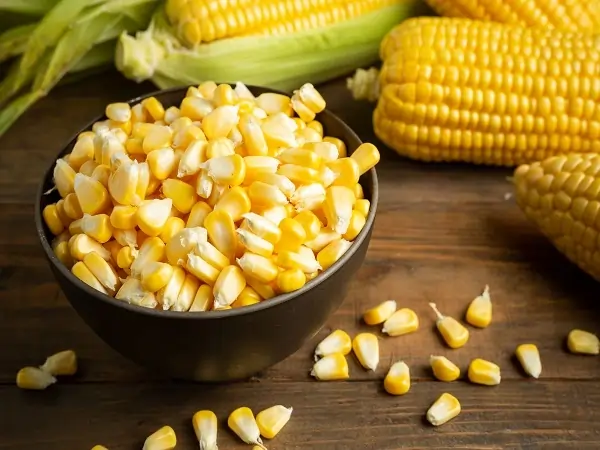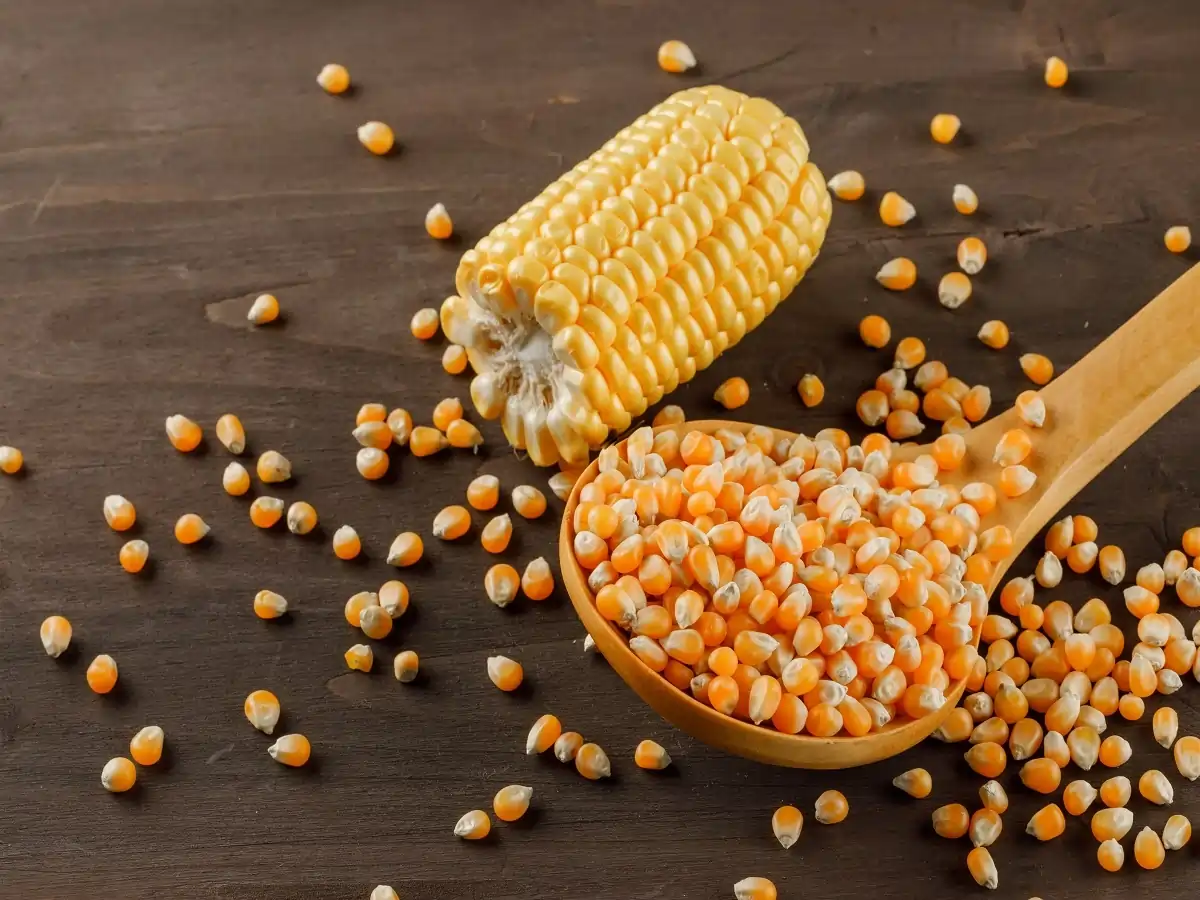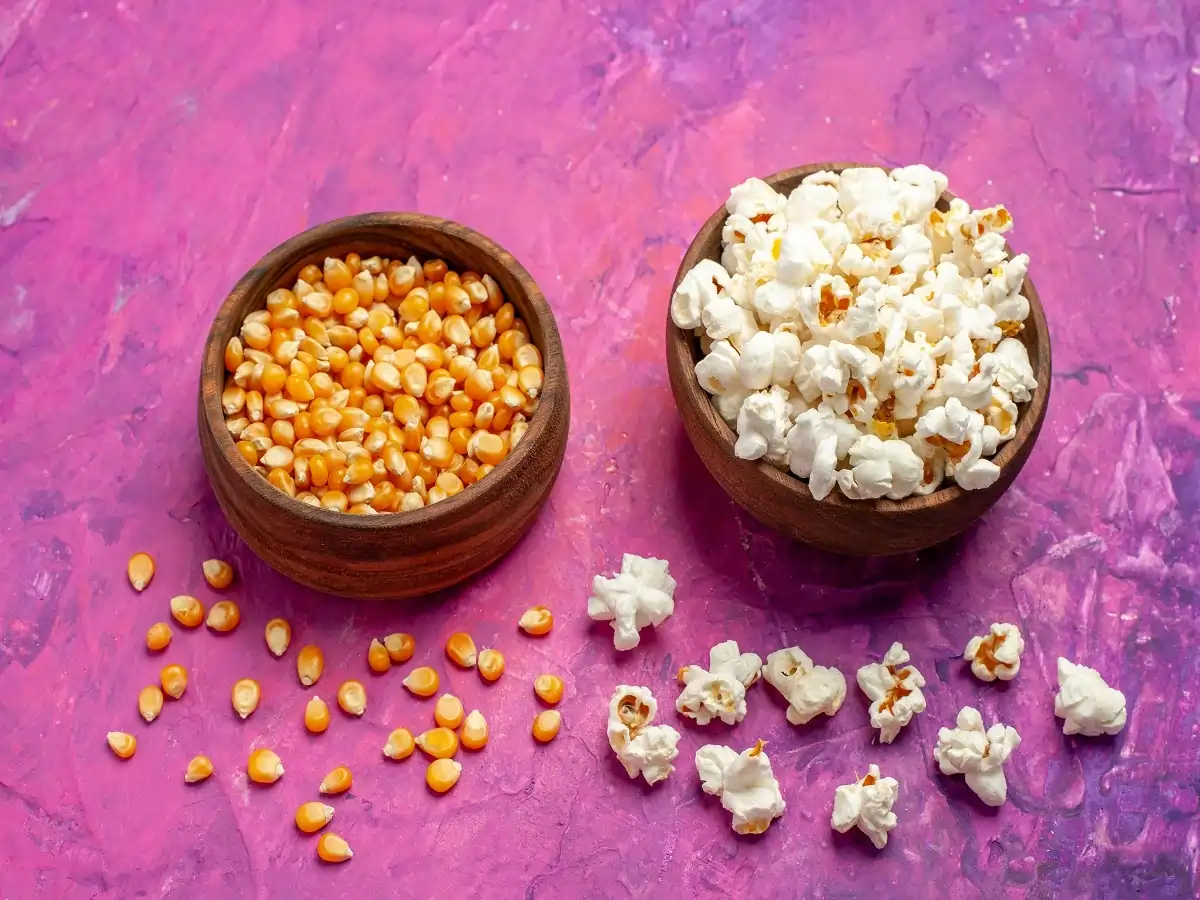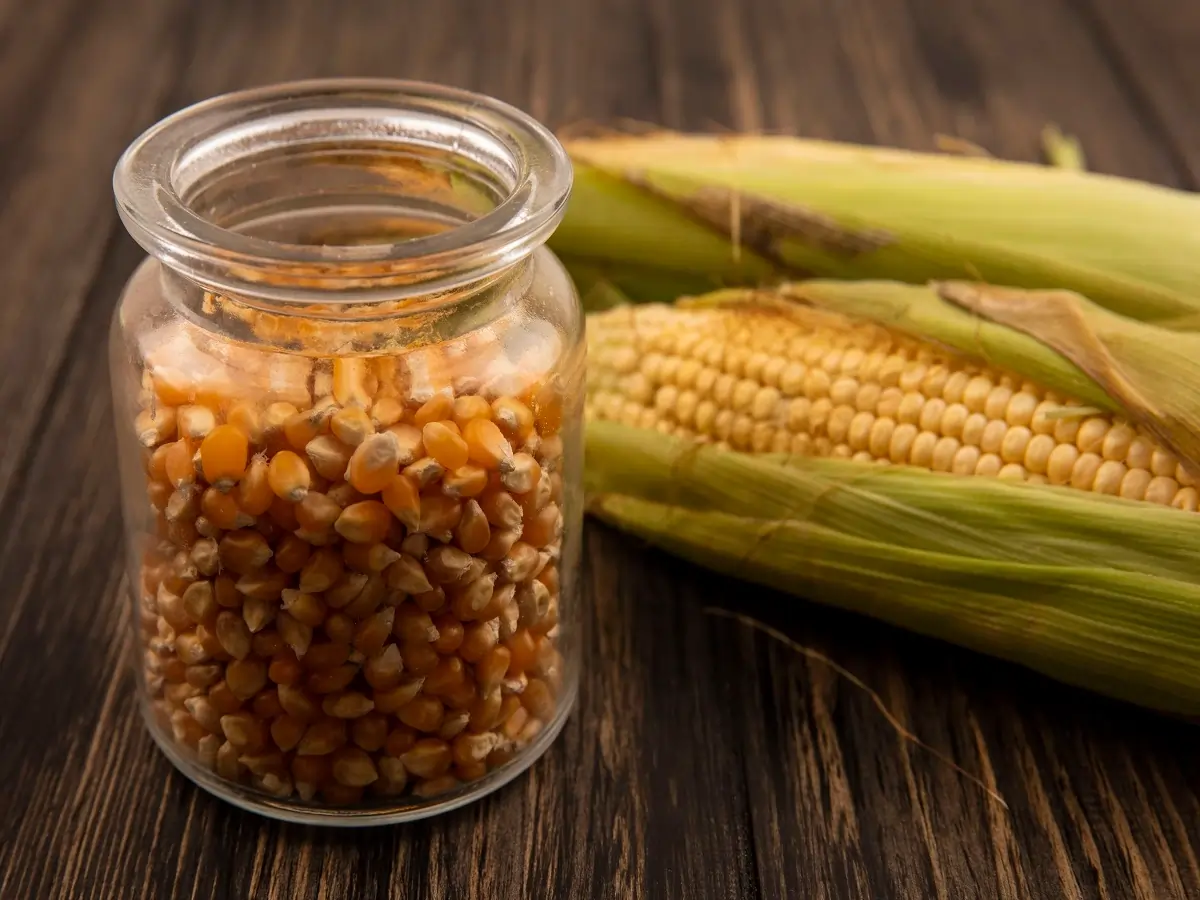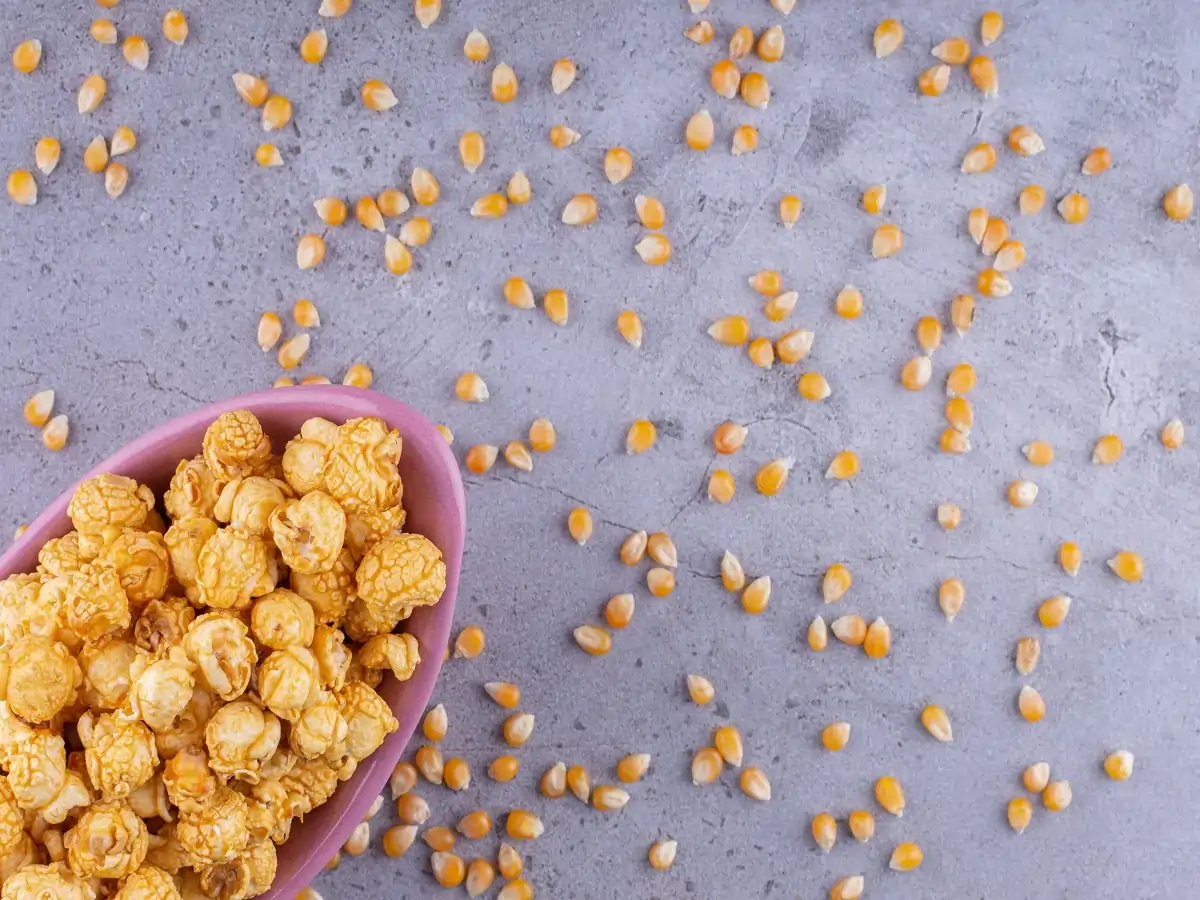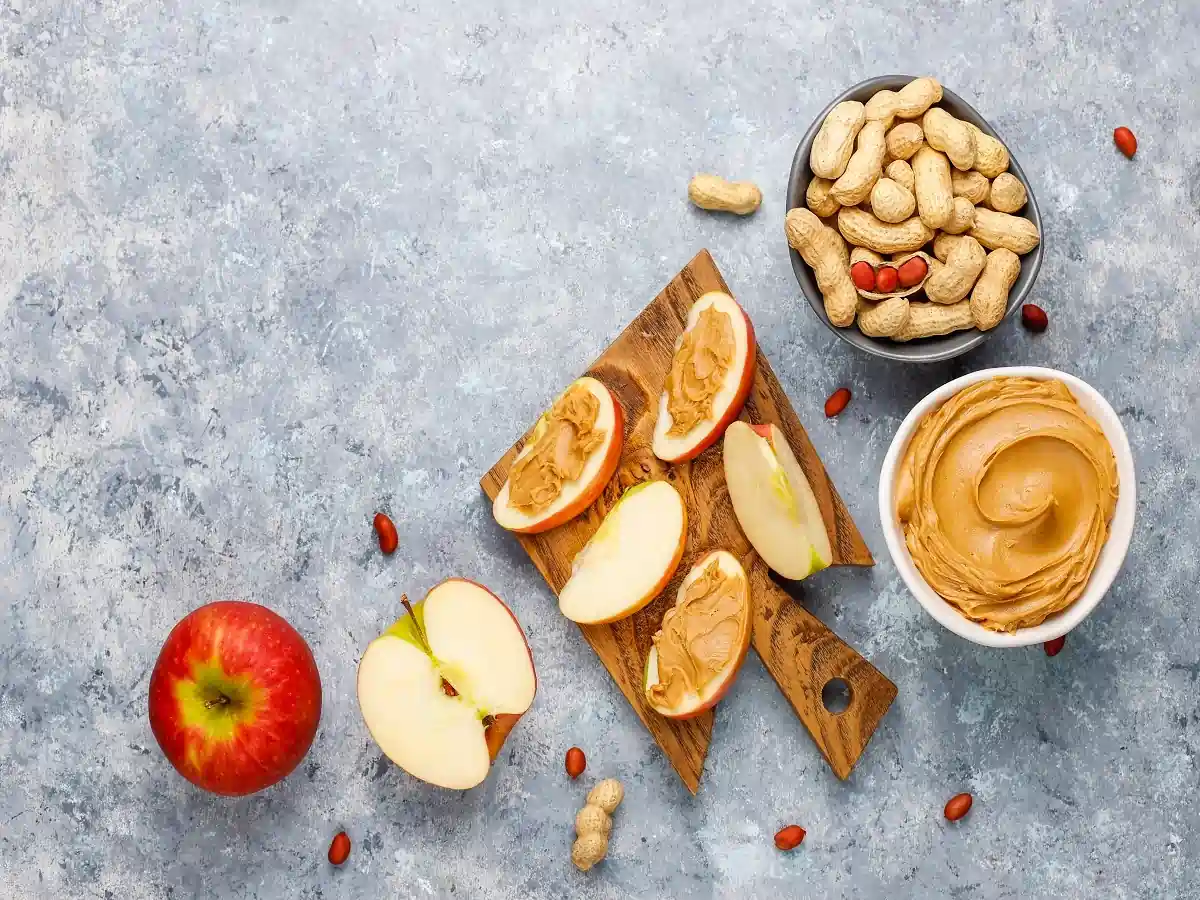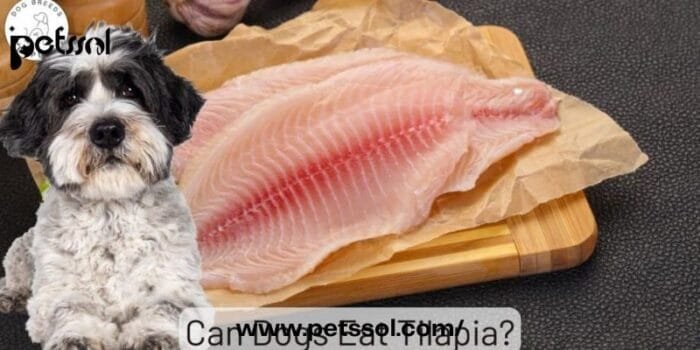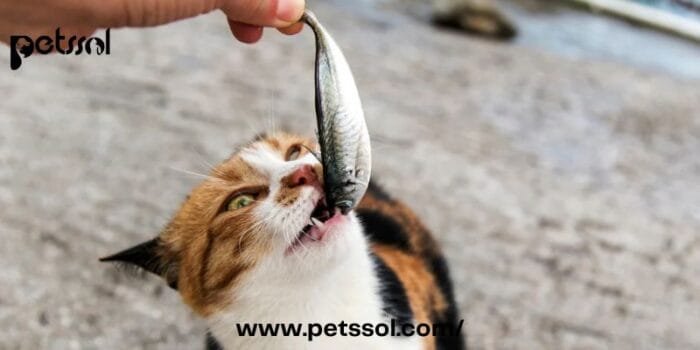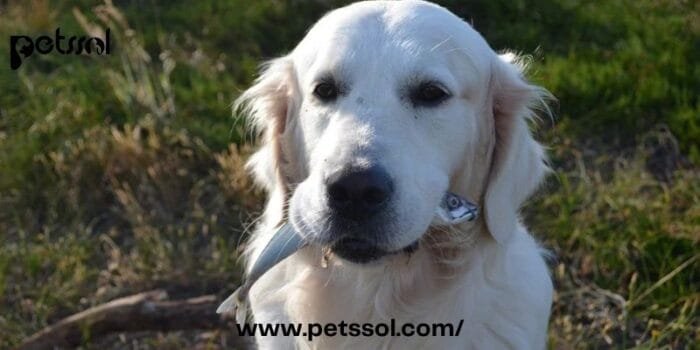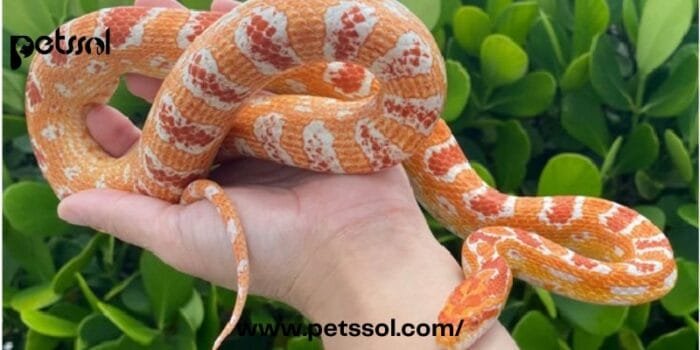You know, that we humans love yummy grain. But what about dogs? A question arises among many pet owners, can dogs eat corn? Well, we are here to break it down for you.
Corn can be okay for dogs in small amounts. Corn has many nutritional benefits in it, like vitamins and fiber, which can be healthy. But there are also things to watch out for. Some dogs might have trouble digesting corn, leading to upset tummies or allergies.
So, if you want to give your dog some corn, make sure it is cooked and in small amounts. And always keep an eye out for any bad reactions.
Table of Contents
ToggleNutritional Value of Corn
Let’s talk about why corn is good for dogs. Here are some of the nutritional values of corn.
- Carbohydrates: Corn is a rich source of carbohydrates. Corn gives your dog lots of energy for running and playing because it’s packed with carbohydrates.
- Healthy Tummies: It has fiber that helps your dog’s tummy work well and keeps things moving smoothly.
- Protein: Corn has protein, which helps your dog’s muscles grow strong and stay healthy.
- Vitamins: Corn has important vitamins like A, B6, and C that keep your dog’s eyesight sharp, immune system strong, and overall health in check.
- Strong Bones and Muscles: It is also got minerals like manganese, phosphorus, and magnesium that are super important for keeping your dog’s bones and muscles healthy and strong.
- Eye Protection: Corn has special stuff called antioxidants that help keep your dog’s cells safe from harm and protect their eyes.
- Low in Fat: Corn does not have too much fat, which is good for dogs who need to watch their weight.
- Energy Density: Even though it’s not big, corn gives your dog lots of energy in a small package, which is great for dogs who are always on the go.
Remember, it is important to give corn to your dog in the right amount. If you are not sure, ask your vet to help you figure out what is best for your furry friend.
Can Dogs Eat Corncobs?
No, it is not safe for dogs to eat corncobs. Corncobs can cause big problems for dogs if they swallow them. Corncobs are hard and cannot be digested. So, if a dog eats one, it can get stuck in their stomach or intestines. This can make them really sick and might even be life-threatening.
The shape of corncobs makes them even more dangerous. They can get stuck in a dog’s throat or intestines, which can lead to choking or blockages. Even if a dog manages to chew and swallow some of a corncob. It can still cause problems later on in their tummy.
To keep your dog safe, always take the corn off the cob before giving it to them. Make sure they cannot get to corncobs to eat accidentally. If you think your dog has eaten a corncob or anything else they should not have. It is important to get them to the vet right away.
Can Dogs Eat Canned Corn?
Yes, you can give your dogs canned corn sometimes, but it might not be a good option and you need to be careful.
Canned corn is usually okay for dogs if it is plain and does not have any extra stuff like seasoning or sauce that could be bad for them. But you should check the label and avoid canned corn with added salt, sugar, or other flavours that might not be good for dogs.
Even though canned corn can give dogs some good stuff like carbs, fiber, and vitamins. It is best to only give it to them sometimes, not all the time. Dogs need different kinds of food than we do, so they should mostly eat dog food made just for them.
Can Dogs Eat Corn Kernels?
Corn can be part of a dog’s food, but be careful and don’t give too much. Corn has good stuff like carbs and fiber. But whole kernels might be hard for dogs to eat and could make them choke if they don’t chew well. It is best to cook the corn before giving it to your dog to make it easier for them to eat.
Don’t give corn to dogs too often, just sometimes as a treat. Dogs should eat other foods too, not just corn. Keep an eye on your dog for any signs they might be allergic or feel sick from eating corn. Some dogs can’t handle it well.
Before you give your dog new foods, talk to a vet to make sure it is okay for them. That way, you can keep your furry friend healthy and happy.
Can Dogs Eat Corn Chips?
No, it is not a good idea to give corn chips or any kind of chips to dogs. Corn chips usually have a lot of salt, fat, and fake flavours, which can be bad for dogs and might make them feel sick or get fat. Some corn chips also have things like onion or garlic powder that can be dangerous for dogs.
Giving corn chips to dogs can also make them choke because the chips are hard and crunchy. They could get stuck in their throat or stomach if they swallow them whole or in big pieces.
Can Dogs Eat Corn Flakes?
Corn flakes are not poisonous to dogs, but they are not the best snack for them either. A little bit of plain corn flakes won’t hurt your dog. But they don’t give them much good stuff and can have lots of carbs and sugar.
Giving corn flakes to your dog all the time is not a good idea. It might make them gain weight, have tummy troubles, or mess up their diet. Some corn flakes from the store might have extra stuff like sugar, salt, or fake flavours, which can be bad for dogs if they eat too much.
Risks and Considerations Associated with Feeding Corn to Dogs
here are some things to think about when giving corn to dogs:
- Digestive Issues: Whole corn kernels can be hard for dogs to digest, especially if they eat a lot or don’t chew them well. This can make their tummy upset and cause throwing up, diarrhoea, or constipation.
- Choking Hazard: Corn kernels can be a choking risk, especially if they are big or if your dog eats them too fast without chewing. Keep an eye on your dog while they eat corn to avoid choking.
- Allergies and Sensitivities: Some dogs might be allergic or sensitive to corn, which could make them itchy, give them rashes, upset their tummy, or cause other allergic reactions. If you think your dog is allergic to corn. It is best not to give it to them and ask your vet for advice.
- High-Calorie Content: Corn has a lot of carbs and calories, which can make dogs gain weight, especially if they eat too much. Give corn to dogs in moderation and think about how many calories they are getting to keep them a healthy weight.
- Corn Cob Blockage: Dogs should never eat corn cobs because they can’t digest them and could get stuck in their gut, causing blockages. If you think your dog ate a corn cob, see the vet right away.
- Added Ingredients: Some corn products from the store might have extra stuff like salt, sugar, or fake flavours, which can be bad for dogs if they eat too much. Always check the ingredients and avoid giving corn with added stuff to your dog.
Remember, give corn to dogs as a treat sometimes, but it should not be their main food. If you are not sure about giving corn to your dog, ask your vet for help.
Safe Ways to Feed Corn to Dogs
Here are some safe ways to give corn to dogs:
- Cooked Corn: A simple and safe way to give your dog corn is by cooking it first. Cook the corn first to make it easier for your dog to eat and avoid tummy troubles. Boil, steam, or microwave until soft, then let it cool before giving it to your dog. As a pet owner myself, I have found that cooking corn makes it easier for dogs to eat and they really like it too. I usually boil or steam fresh corn until it is soft, then let it cool before giving it to my dog as a treat. It is heartwarming to see them enjoy it, and it gives me peace of mind knowing they are safe and happy. Next time you have corn, try sharing some cooked corn with your furry friend. It is a nice way to bond with them.
- Remove Corn from the Cob: If you are using fresh corn, take the kernels off the cob. Corn cobs can make dogs choke or get blocked in their tummy.
- Plain and Simple: Make sure the corn is plain and does not have any added stuff like salt, sugar, or butter. Plain cooked or canned corn without extras is safest.
- Not Too Much: Corn can be a yummy snack. But, when it comes to giving corn to our dogs, it is important to do it in moderation. As a dog owner, I have learned that balance is key in their diet. While corn can be a nice treat for them, I have found that giving it to them in small amounts keeps them healthy and happy.
- Homemade Treats: You can put corn in homemade dog treats like corn muffins or cornbread. Just make sure the treats are safe for dogs and only give them in moderation.
By following these tips, you can share corn with your dog safely and keep them happy. If you are unsure about feeding corn to your dog, talk to your vet for advice.
Alternatives Of Corn
When you are thinking about what else to feed your dog besides corn, there are lots of good options. Veggies like sweet potatoes, green beans, and carrots have vitamins and fiber. Many dogs are crazy for peanut butter also. Oats are a good grain option with protein and fiber, and they are gluten-free. You can serve these cooked, raw, or even frozen for a cool treat. Also, good quality dog foods made without corn can give your dog a balanced diet with animal proteins and healthy fats. They will get all the nutrients they need to stay healthy and happy.
Adding different protein sources, healthy fats, and sometimes fruits like blueberries and apples (without seeds) can make your dog’s diet even better without needing corn. By trying out these other foods, you can give your dog a meal that is just right for them. And if you are not sure what is best for your dog, ask your vet for advice.
Final Words
In conclusion, it is essential to approach the question “Can dogs eat corn?” with careful consideration and moderation. Corn can give dogs some good stuff like fiber and vitamins, but it also has its risks. Things like tummy problems, choking, and allergies can happen. If you do decide to give your dog corn, cook it first and take it off the cob. And watch out for processed corn foods with added stuff. It is best to give corn as a treat now and then, not all the time. And always keep your dog’s needs in mind. If you are not sure, ask your vet for advice. That way, you can make sure your furry friend stays healthy and happy.

